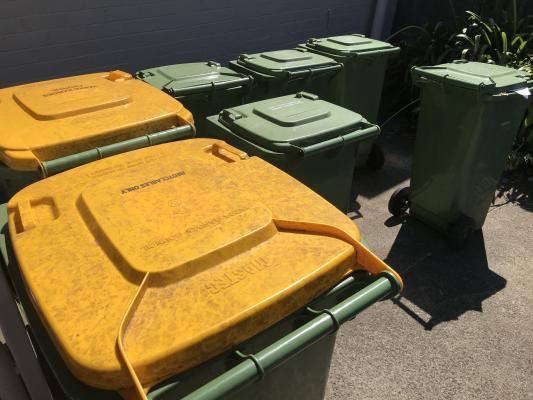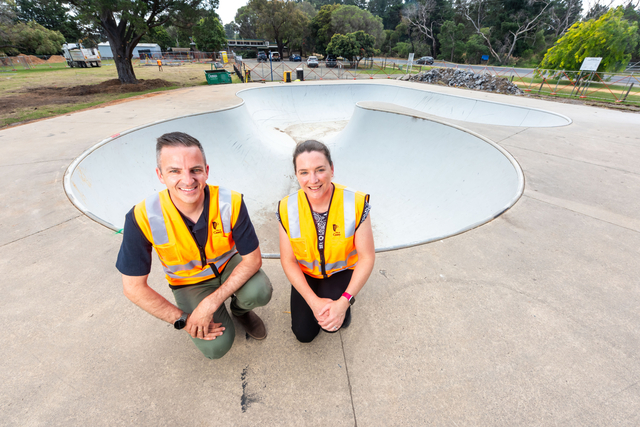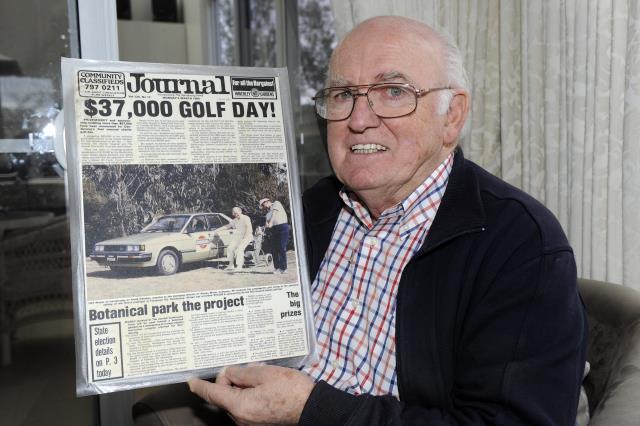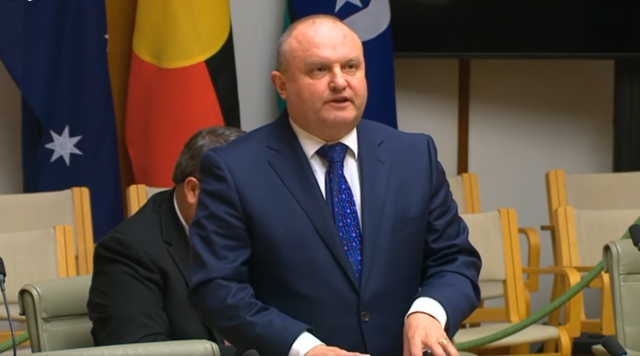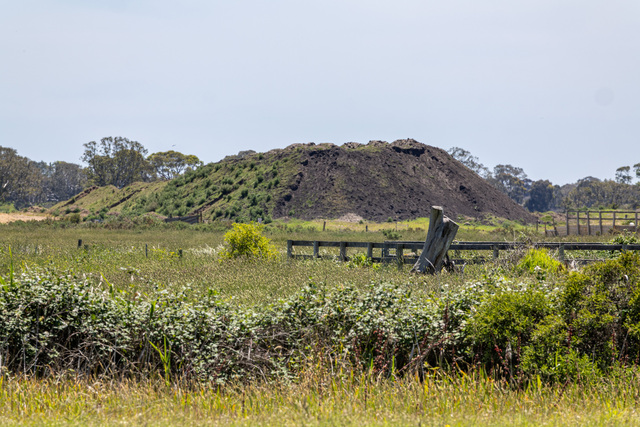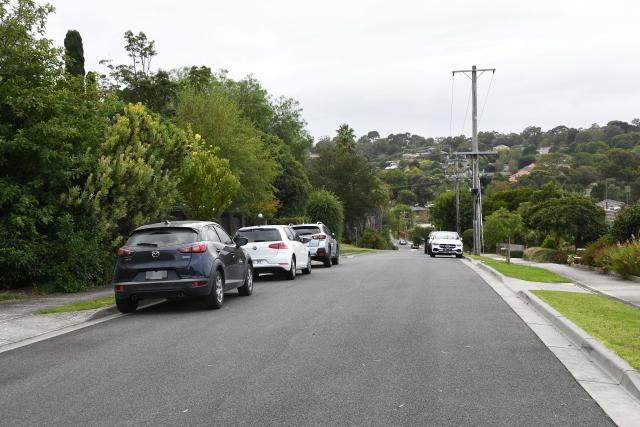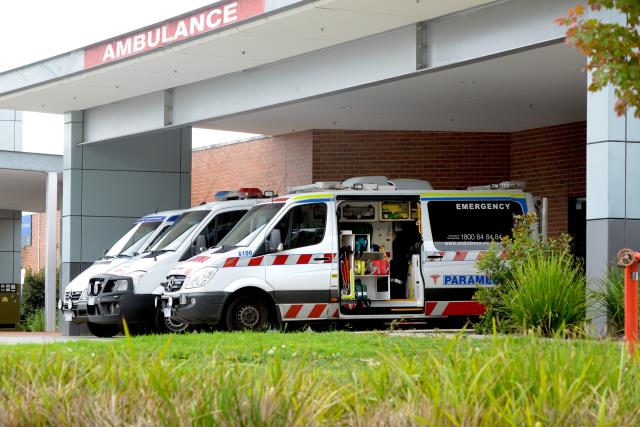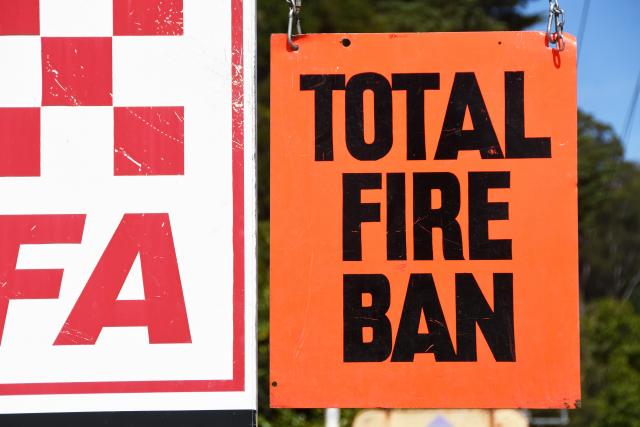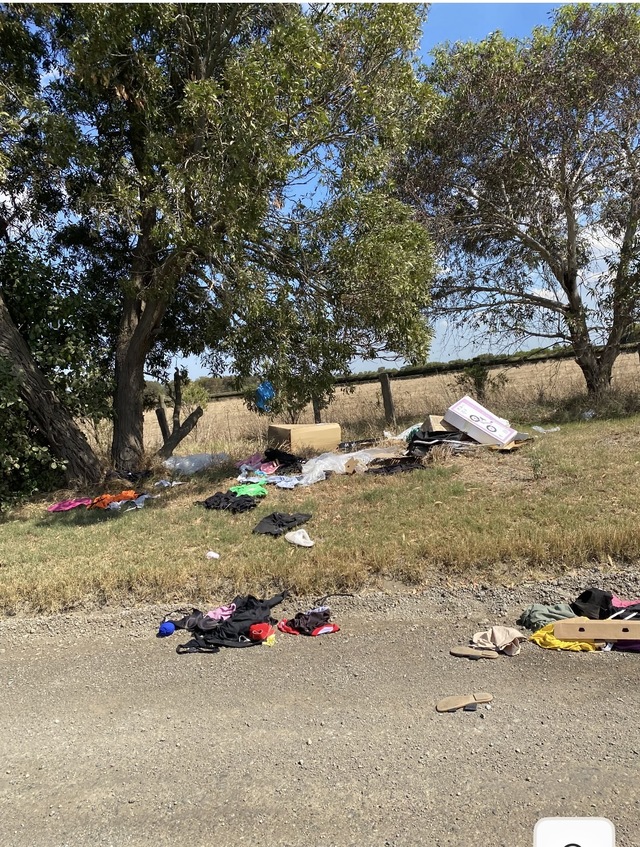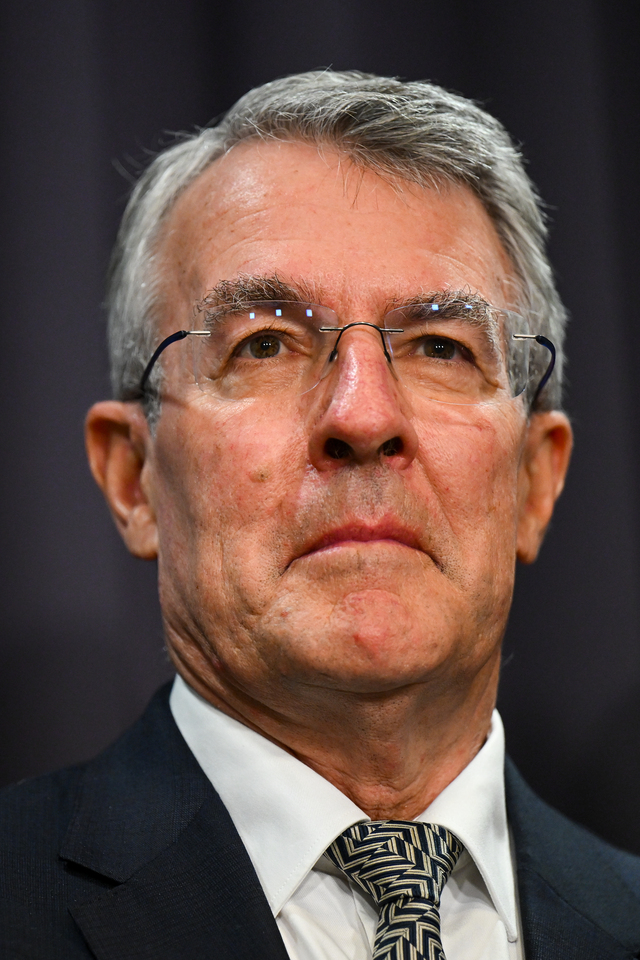The Victorian Government is providing funding for all 79 Victorian councils to move towards the four-bin recycling system.
A state funding pool of $127 million has been provided for councils to buy new bins, improve drop-off facilities, deliver education campaigns and ensure that they have the infrastructure in place to roll out these reforms.
This will allow councils to make the transition to the new statewide household waste and recycling system, which will include a new purple bin for households to separate their glass recycling.
Glass, when mixed with other recyclable materials, shatters and contaminates valuable, easy to recycle materials such as paper and cardboard.
This reduces the quality of these materials and their ability to be recycled.
By separating glass effectively, more materials from the comingled bin can also be recycled.
Councils will share in more than $86 million to deliver the new four bin services with standardised bin-lid colours, making it easier for Victorians to recycle.
This funding will ensure that all Victorian households have access to a consistent four bin waste and recycling service.
An additional $40.9 million will support councils, business and communities maximise recycling, creating new jobs and supporting local manufacturing.
The recycling sector creates 9.2 jobs for every 10,000 tonnes of waste recycled, compared to 2.8 jobs for the same volume sent to landfill.
Simon King, acting manager sustainability and waste at the City of Casey, said the council was working closely with the Department of Environment, Land, Water and Planning (DELWP) on the transition.
“Part of the transition requires Council to changeover more than 250,000 bins lids to comply with the requirements and make bin lid colours consistent across the state,” he explained.
“This implementation is expected to start in 2022.”
He said the council is also considering options for the separate collection of glass, likely to be through a dedicated fourth bin.
“The transition plan will aim to minimise the financial impact on Council’s residential waste charge while maximising the environmental benefits,” he said.

